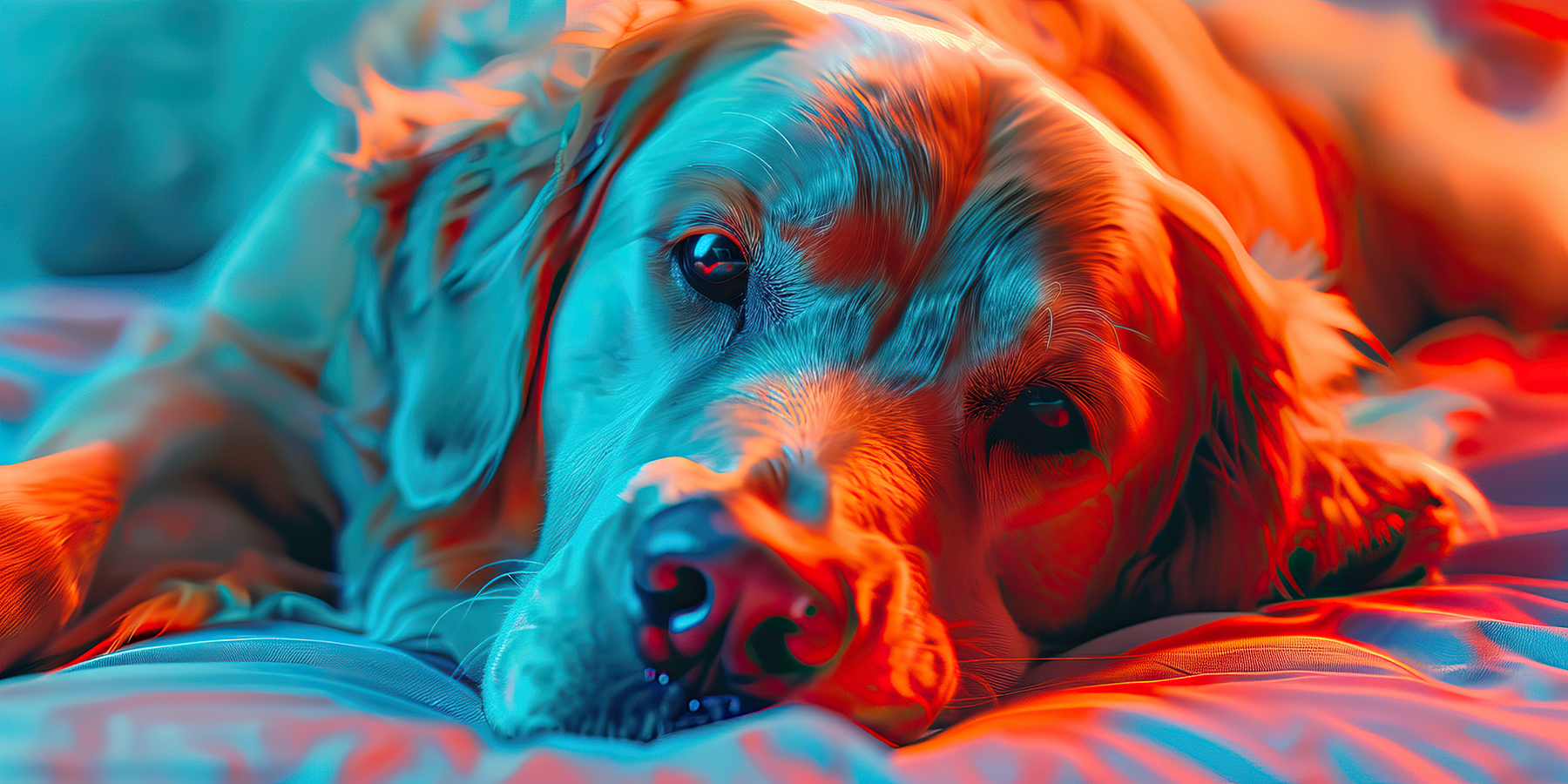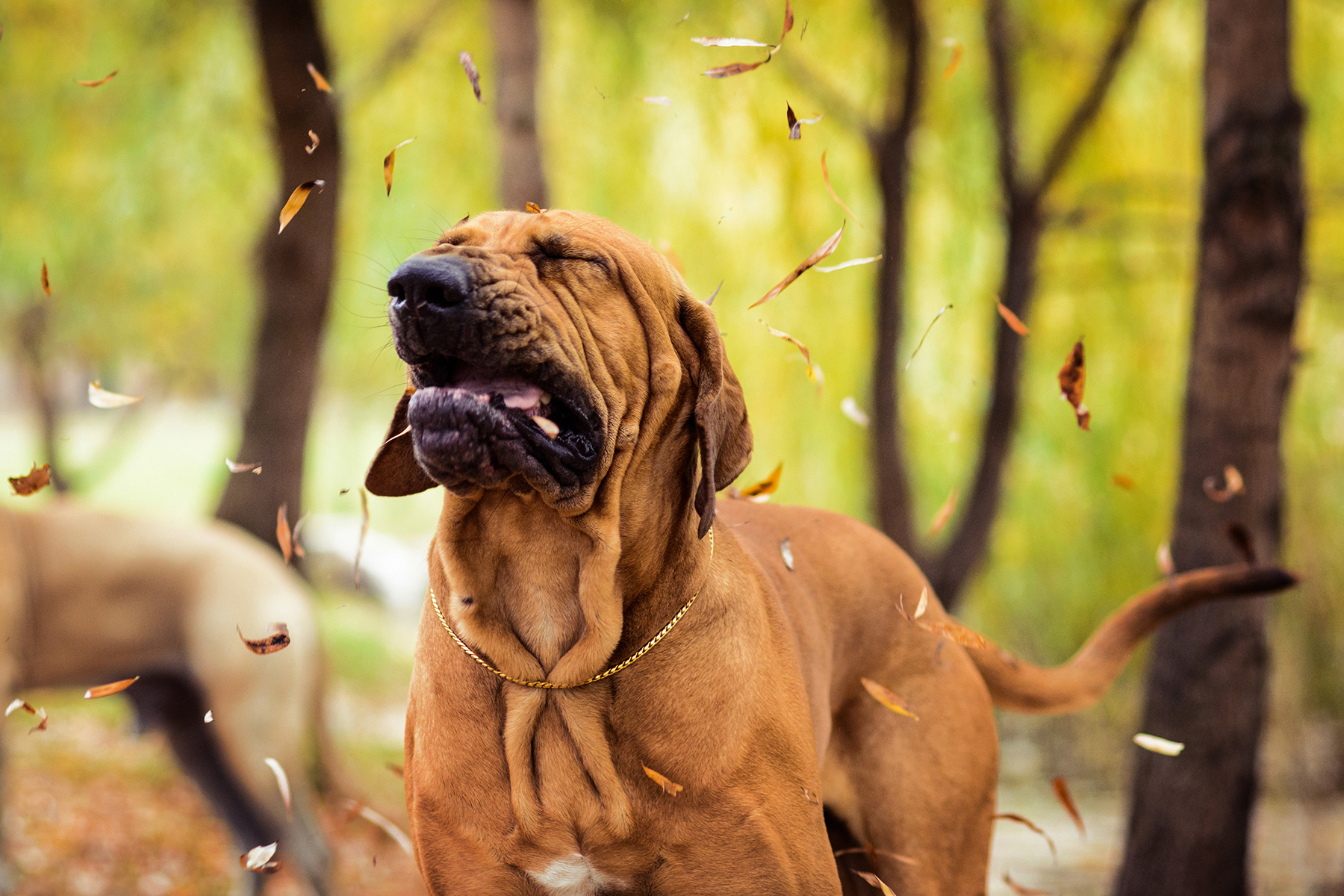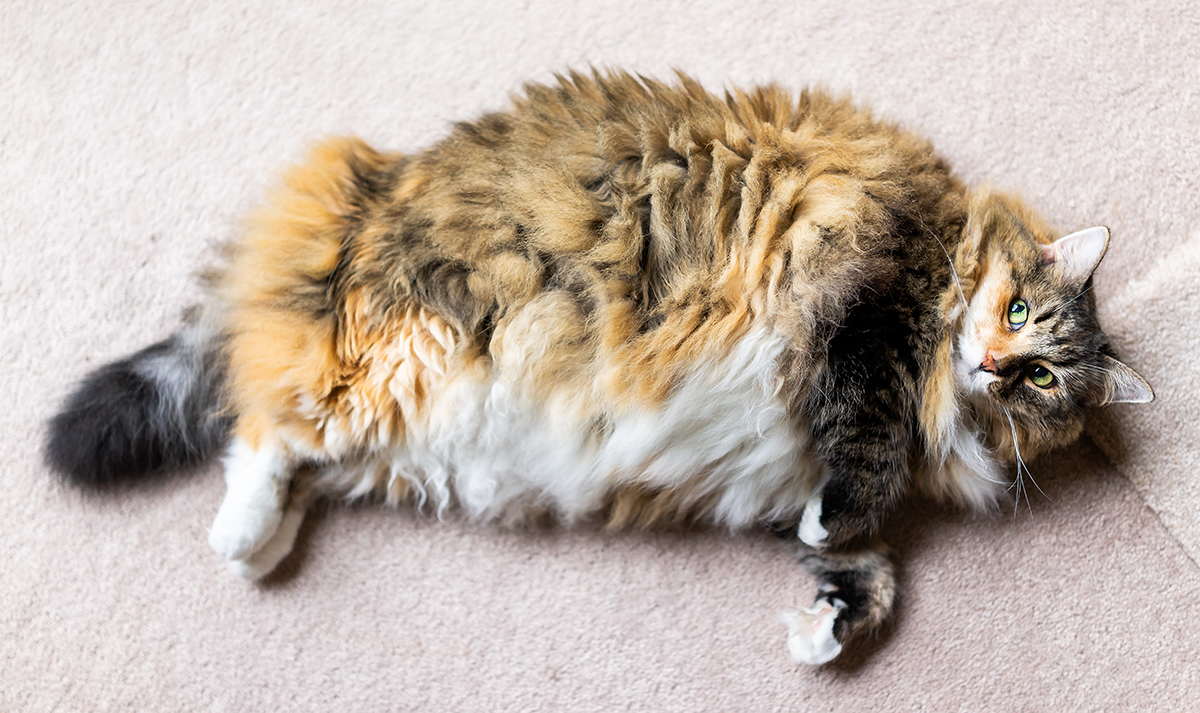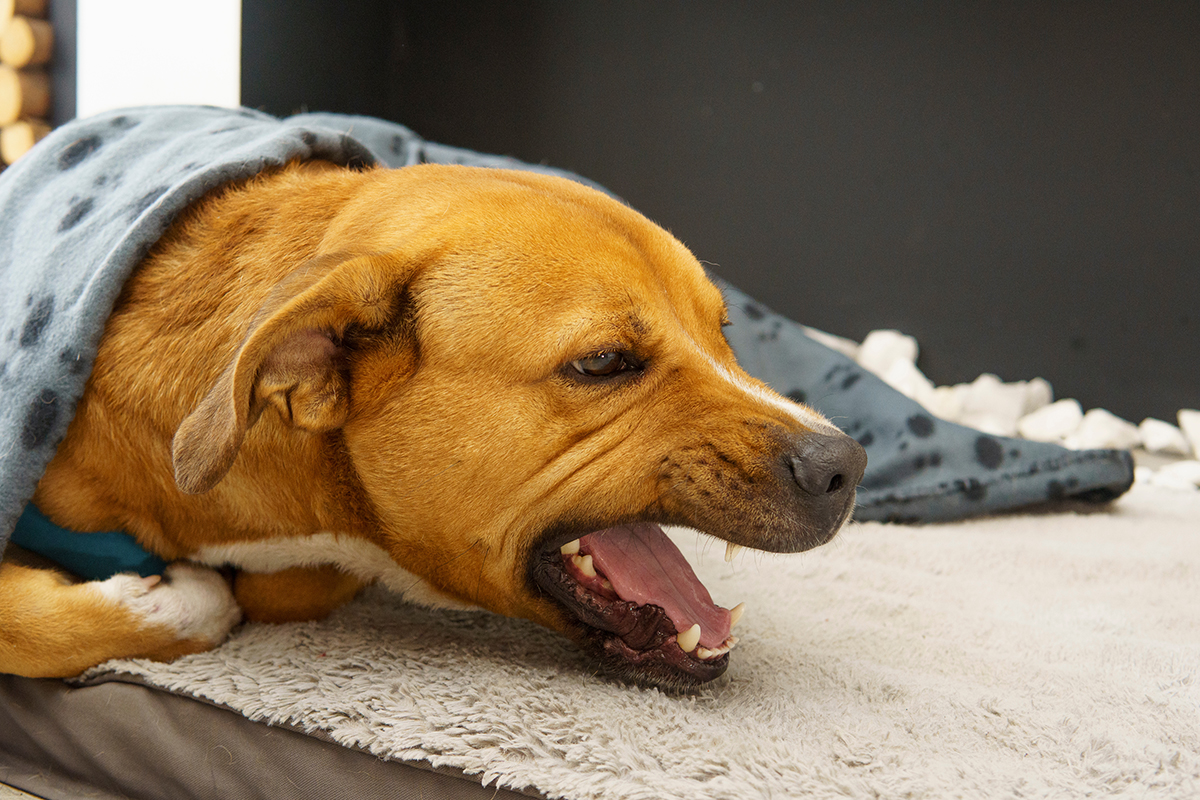 Snoring dogs getting their beauty rest sometimes may not be a soothing sound to their human counterparts. You may laugh at your dog sawing logs, but it may be something that causes them to snore that aren’t always so innocent.
Snoring dogs getting their beauty rest sometimes may not be a soothing sound to their human counterparts. You may laugh at your dog sawing logs, but it may be something that causes them to snore that aren’t always so innocent.
Why is My Dog Snoring?
- Flat Faced Breeds – If you’ve spent more than 2 minutes around a brachycephalic dog, chances are you heard snuffling, snorting or snoring. This is usually due to narrowed nostrils (stenotic nares), a large tongue (macroglossia), a flap of tissue flopping down from the roof of the mouth (elongated soft palate), tiny trachea (tracheal stenosis) and bulging pockets of tissue in the back of the throat (everted laryngeal saccules). Any one of these can cause serious respiratory trouble in most dogs; brachycephalic breeds can suffer from all five. Breeds with breathing problems, such as brachycephalics, are more prone to overheating and heatstroke. It’s critically important to keep them cool and calm, especially during warm weather.
- Dental Issues – If a rogue tooth becomes an abscess or a growth appears in the mouth, it could block airways and cause snoring. These types of abnormalities can easily become infected and require more serious intervention.
- Allergies – Snoring can also be caused by allergies and irritants. Just like people, animals can be allergic to pollen, dust and dander. Allergies can be treated at home with antihistamines such as Benadryl, Zyrtec, Claritin, or canine prescription medications. Specific doses for each dog should be discussed with Dr. Whitworth at Whitworth Animal Clinic in Madison, AL.
- Over Weight or Obesity – It seems being overweight has a number of health issues and can also be the cause of dog snoring. Overweight animals have excess or enlarged nasal and pharyngeal tissue that presses on the airways. Dr. Whitworth can help you get your dog to a healthy weight and relieve you of having to listen to your dog snoring!
Could Be Normal or Indicate a Breathing Problem
Just like humans, snoring pups can make some noise. Harmless causes include the dog’s sleeping position–lying on their back as opposed to their side might cause snoring–as well as certain medications. Drugs may cause the throat to relax more than normal, but this isn’t necessarily a bad thing, and would likely stop when the medication is finished.
Snoring technically means there’s something obstructing your dog’s airways, so although it may be harmless, you should always keep one ear up for abnormalities.
If snoring persists unexplained, you don’t want to risk ignoring it because there’s a chance it’s a tumor or cyst. The earlier these issues are found, the better for your pup’s well-being.
When you take your pet for their semi-annual checkup and vaccinations, be sure to mention to Dr. Whitworth about your dog snoring. He can determine if there is an issue that needs to be addressed or it is perfectly normal.







Leave A Comment